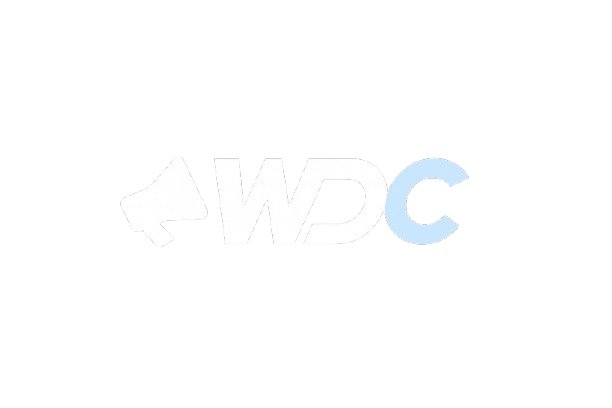Business-to-business (B2B) marketing has undergone a dramatic transformation in the digital age, particularly as we step into 2025. With evolving technologies, changing consumer behaviors, and a greater emphasis on personalization, B2B marketing has embraced innovation to meet the demands of an increasingly connected and competitive world. But what exactly does B2B marketing look like in this digital landscape? Let’s explore the core components, trends, and strategies shaping B2B marketing today.
Understanding B2B Marketing
At its core, B2B marketing involves promoting products or services to other businesses rather than individual consumers. The goal is to help businesses solve problems, increase efficiency, or boost profitability. Unlike B2C (business-to-consumer) marketing, which focuses on emotional appeals and personal preferences, B2B marketing prioritizes logic, data, and long-term value. In the digital age, this process is more sophisticated, leveraging technology to connect with decision-makers across platforms.
Key Trends in B2B Marketing in 2025
- Personalization at Scale Advanced AI and machine learning tools have made personalization more precise than ever. B2B marketers now use data-driven insights to tailor content, offers, and messaging to specific segments, ensuring relevance and impact at every stage of the buyer’s journey.
- Account-Based Marketing (ABM) ABM has become a cornerstone of B2B strategies. By focusing on high-value accounts and customizing marketing efforts for individual clients, businesses achieve higher ROI and stronger client relationships.
- Content Marketing Evolution High-quality, authoritative content remains a priority, but the formats have diversified. In 2025, businesses are investing in interactive content, webinars, podcasts, and immersive experiences to engage their audience more effectively.
- Artificial Intelligence and Automation AI-powered tools streamline lead generation, customer segmentation, and predictive analytics. Automation platforms handle repetitive tasks, allowing marketers to focus on strategy and creativity.
- Video and Visual Storytelling Video content dominates B2B marketing, with businesses using explainer videos, case studies, and live-streamed events to captivate and educate their audience.
- Sustainability and Ethical Marketing With growing emphasis on corporate responsibility, B2B companies are highlighting sustainable practices and ethical values, appealing to the modern decision-maker’s priorities.
Strategies for Success in 2025
- Harnessing Data Analytics Data is at the heart of B2B marketing in 2025. Marketers use sophisticated tools to analyze customer behavior, predict trends, and make informed decisions.
- Building Strong Digital Ecosystems A cohesive digital presence—spanning websites, social media, and industry forums—ensures businesses can reach their audience at the right time and place.
- Leveraging Social Media for B2B Platforms like LinkedIn, Twitter, and niche forums are critical for networking, sharing thought leadership, and engaging with industry professionals.
- Investing in AI-Powered CRM AI-driven customer relationship management (CRM) systems enable businesses to nurture leads effectively and maintain long-term client relationships.
The Future of B2B Marketing
In 2025, B2B marketing isn’t just about selling products or services; it’s about building meaningful relationships and delivering value at every touchpoint. As technology continues to advance, the ability to adapt and innovate will determine success in the ever-changing digital landscape.
By embracing these trends and strategies, businesses can stay ahead in the competitive B2B marketing arena, creating lasting partnerships and driving sustainable growth.

